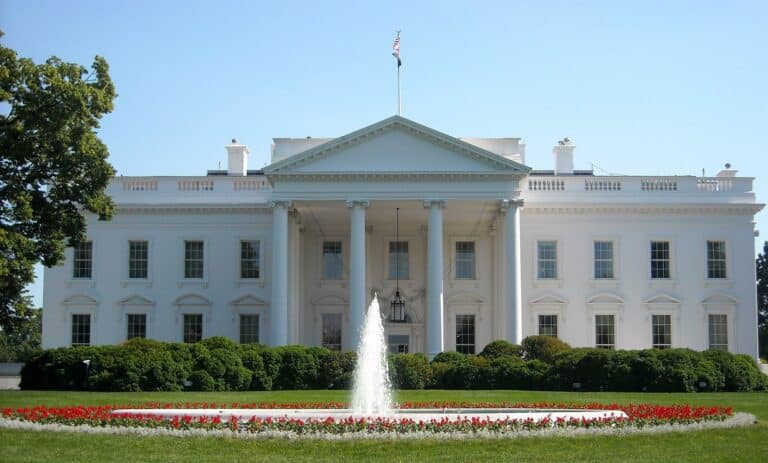Jack Goldsmith is the Learned Hand Professor of Law at Harvard Law School, where he teaches and writes about national security law, international law, internet law, and, recently, labor history. Before coming to Harvard, Professor Goldsmith served as Assistant Attorney General, Office of Legal Counsel from 2003-2004, and Special Counsel to the Department of Defense from 2002-2003.
The Petitioners’ merits brief in the big public sector union case in the Supreme Court, Harris v. Quinn, was filed today and can be found here. (The Joint Appendix is here.) Former Obama administration Acting Solicitor General Neal Katyal, along with his Hogan Lovells partner Catherine Stetson and others, have joined National Right to Work Legal Defense Foundation attorney William Messenger on the brief. (Messenger filed the cert. petition in Harris and wrote the brief and argued for Respondents in Mulhall.)
Here are the Questions Presented as framed in Respondents’ brief:
This case concerns two Medicaid-waiver programs run by the State of Illinois: the “Rehabilitation Program” and the “Disabilities Program.” Under both, the State subsidizes the costs of homecare services offered to qualifying participants. Illinois has implemented several laws calling for the designation of an “exclusive representative” for the providers of homecare services, that is, a union. Rehabilitation Program providers must also pay compulsory fees to their state-designated representative. The State has not yet designated an exclusive representative for the Disabilities Program providers.
The questions presented in this case are:
1. Whether a State may, consistent with the First and Fourteenth Amendments to the Constitution, compel homecare providers to accept and financially support a private organization as their exclusive representative to petition the State for greater reimbursements from its Medicaid programs?
2. Whether homecare providers may challenge a law that permits the State to compel them to associate with a union before the State has designated the particular union that will represent them?
UPDATE: Accepting the Court’s implicit invitation in Knox (as explained by Ben, here), Petitioners in Harris argue that “Abood Should Be Overruled Because It Failed to Give Adequate Recognition to First Amendment Rights.” The stakes in Harris are now very high.






Daily News & Commentary
Start your day with our roundup of the latest labor developments. See all
June 22
California lawmakers challenge Garmon preemption in the absence of an NLRB quorum and Utah organizers successfully secure a ballot referendum to overturn HB 267.
June 20
Three state bills challenge Garmon preemption; Wisconsin passes a bill establishing portable benefits for gig workers; and a sharp increase in workplace ICE raids contribute to a nationwide labor shortage.
June 19
Report finds retaliatory action by UAW President; Senators question Trump's EEOC pick; California considers new bill to address federal labor law failures.
June 18
Companies dispute NLRB regional directors' authority to make rulings while the Board lacks a quorum; the Department of Justice loses 4,500 employees to the Trump Administration's buyout offers; and a judge dismisses Columbia faculty's lawsuit over the institution's funding cuts.
June 17
NLRB finds a reporter's online criticism of the Washington Post was not protected activity under federal labor law; top union leaders leave the Democratic National Committee amid internal strife; Uber reaches a labor peace agreement with Chicago drivers.
June 16
California considers bill requiring human operators inside autonomous delivery vehicles; Eighth Circuit considers challenge to Minnesota misclassification law and whether "having a family to support" is a gendered comment.